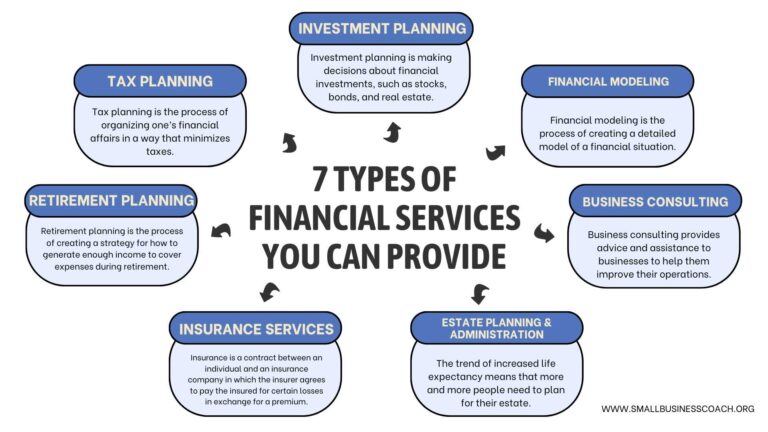As more households embrace the convenience and flexibility of Voice over Internet Protocol (VoIP) systems, selecting the right one for home use becomes a pivotal decision. This buyer’s guide explores the essential features that make a Home VoIP system ideal for home use, offering valuable insights to help prospective buyers navigate the plethora of options available in the market.
Ease of Setup and Installation:
A user-friendly setup is paramount for home users who may not possess advanced technical skills. An ideal VoIP system for home use should offer straightforward installation processes, intuitive interfaces, and clear setup instructions. Look for providers that prioritize user experience, allowing homeowners to get their communication system up and running with ease.
Cost-Effective Pricing Plans:
Affordability is a key consideration for home users seeking a VoIP system. Look for providers that offer transparent and cost-effective pricing plans, including options for unlimited calling, international calling rates, and any additional fees. The goal is to find a solution that aligns with the communication needs of the household without breaking the bank.
Feature-Rich Services:
Modern VoIP systems go beyond basic voice calling, offering a plethora of features that enhance communication. Features such as voicemail-to-email transcription, call forwarding, video conferencing, and mobile app integration contribute to a comprehensive communication experience. Evaluate the feature set offered by different providers to ensure it aligns with your home’s communication requirements.
Reliable Voice Quality:
Clear and reliable voice quality is non-negotiable in a home VoIP system. Look for providers that prioritize high-quality voice transmission, with minimal disruptions, delays, or distortions. User reviews and testimonials can provide insights into the voice quality offered by a particular VoIP service.
Compatibility with Existing Devices:
An ideal VoIP system for home use should seamlessly integrate with existing devices. Whether using traditional phones with adapters, VoIP-specific phones, or softphones on computers and mobile devices, compatibility ensures a smooth transition to the new communication setup. Check for device compatibility and explore the flexibility of device options.
Mobile App Accessibility:
The ability to make and receive calls from anywhere is a significant advantage for home users. A VoIP system with a mobile app extends connectivity beyond the confines of the home, allowing residents to stay connected on the go. Ensure that the chosen VoIP provider offers a reliable and feature-rich mobile application.
Enhanced Security Measures:
Security is a paramount consideration, especially when deploying a communication system within the home. Look for VoIP providers that implement robust security measures, including encryption protocols, secure login processes, and protection against common threats. Home users should feel confident that their communication data is secure and private.
Scalability for Growing Needs:
The needs of a household can evolve over time, and an ideal VoIP system should offer scalability. Whether accommodating the addition of new users or expanding features as the household grows, scalability ensures that the VoIP system can adapt to changing requirements without necessitating a complete overhaul.
Reliable Customer Support:
A responsive and reliable customer support system is invaluable for home users navigating their VoIP setup. Consider providers that offer various support channels, including phone, email, and live chat. Check user reviews to gauge the provider’s commitment to customer satisfaction and problem resolution.
Emergency Services Accessibility:
While VoIP systems offer a wealth of features, ensuring accessibility to emergency services is critical. Verify that the chosen VoIP provider complies with Enhanced 911 (E911) regulations, providing accurate location information to emergency services during 911 calls.
Conclusion: Making an Informed Choice for Home Connectivity
Selecting the right VoIP system for home use involves a thoughtful consideration of various features and considerations. By prioritizing ease of setup, cost-effective pricing plans, feature-rich services, reliable voice quality, compatibility with existing devices, mobile app accessibility, enhanced security measures, scalability, reliable customer support, and emergency services accessibility, homeowners can make an informed choice that aligns with their communication needs.
As technology continues to advance, the features offered by VoIP systems are likely to evolve, introducing new capabilities and enhancing user experiences. By staying attuned to these key considerations, home users can embrace the benefits of VoIP while enjoying a seamless and feature-rich communication environment within their households.




















